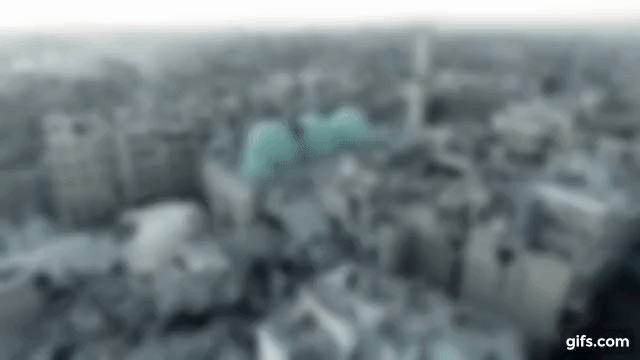
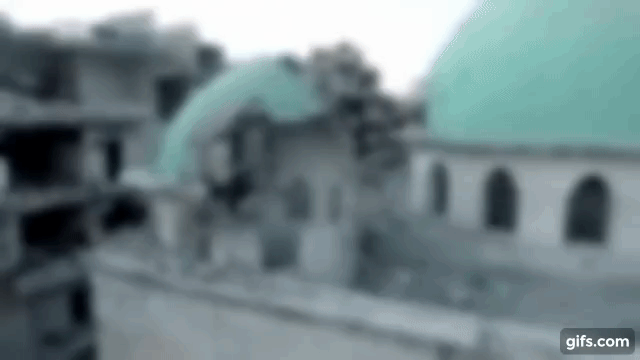
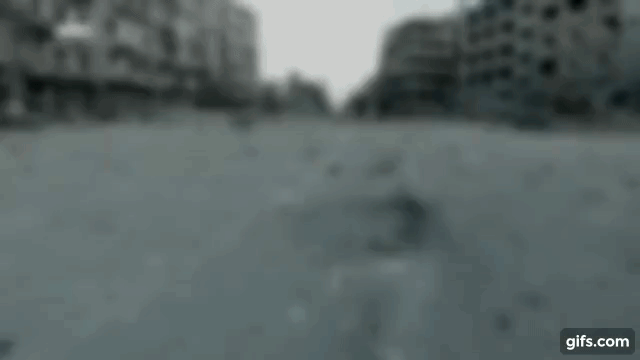
eastern neighborhoods of aleppo
watch,
destruction over the past five years
I initially concieved of this project as a reflection on a project I had done earlier on mapping YouTube videos of Aleppo. I was interested in trying to explore through art the relevance of images and videos coming out of Syria. I was excited and drawn to the work of Baudrillard, especially in his witty series of essays on the Gulf War, and generally to his simulcrum and the implosion of the distinction between the real and virtual in our hypereal contemporary culture. As I worked on this website, I could feel an uncomfortable tension in what I was producing. In some way, I was trying to use the images of destroyed Aleppo to mock the failure of the Western community to respond to the crisis in Syria, in spite of the intimacy and closeness of visual reporting from the frontlines of crisis. The images of Aleppo that have reached a siginficant Western audiences are, by my assessment, intentially generated for a capitalist spectacle. These images are often of little children, like Omran or Bana, who represent the innocent victims of the war in Syria. But I think there is a serious risk in arguing, in Baudrillard's fashion, that the images of Syria have become virtual, and therefore bear no sembalnce to the real. Doing so erases the names and stories of the young children who are the face of the war, but it also erases the agency of those who fight, with their cameras, to record and document what they see.



In sharing my reflections with a graduate student at Columbia who works on a similar topic, I became aware of the real implications of arguing that the war in Syria is a media spectacle. Essentially, the Syrian government and it's allies have been trying to falsify claims made by Syrian rebels in Aleppo by brushing off the accusations of attacks, human rights violations, and targetted killing as merely media propaganda produced and ciculated for Western audiences. The regeime has routenly declared that the YouTube footage in Aleppo is filmed in TV studios in Qatar. (Qatar, and its state-owned al-Jazeera, the most influential news network in the Arab world, has been aliged with the rebels and the opposition to the regeime).
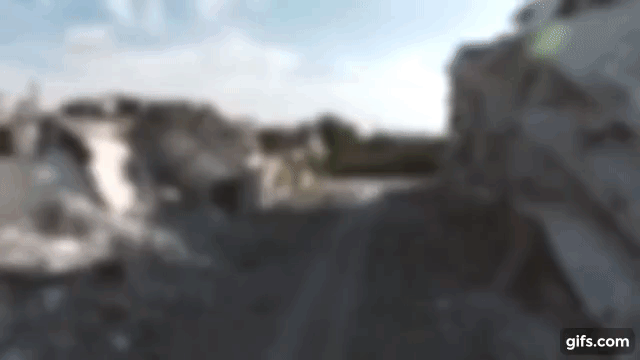
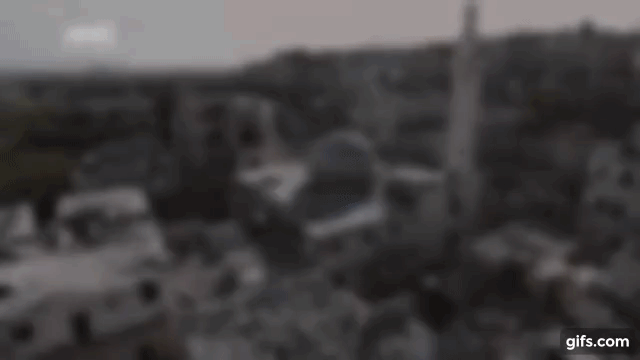
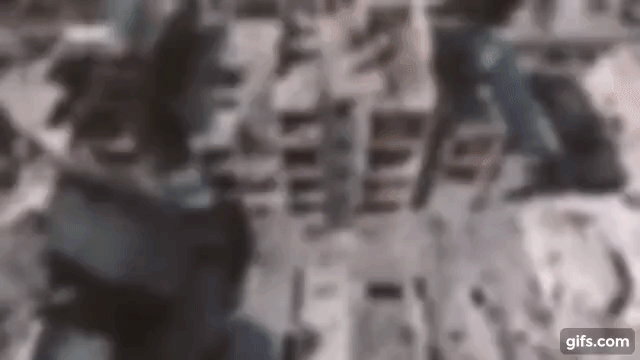
In a similar way, I think Baudrillard's suggestion of the hypereality of images distracts the focus from the forces of production behind these images. In many ways, the "real" relations of production that have lead to millions of minutes of footage of the war in Syria to be released on YouTube are important indicators of the politics of the various groups. In most cases in this project, I have focused on the opposition rebel-aligned journalist networks that focus almost exclusively on documenting the effects of the war on civilians. According to the graduate student who has asked to remain anonymous, his interviews with media organizations working in neighboring countries reveal Western donors active concern with funding these organization in order to produce images that validate and support the West's intervention (by this I mean UK and US policies to fund moderate opposition rebels). Western organizations have spent thousands of dollars setting up internet cables and arming the rebel photographers with the most up to date photographic technology, including drones that capture the footage here.
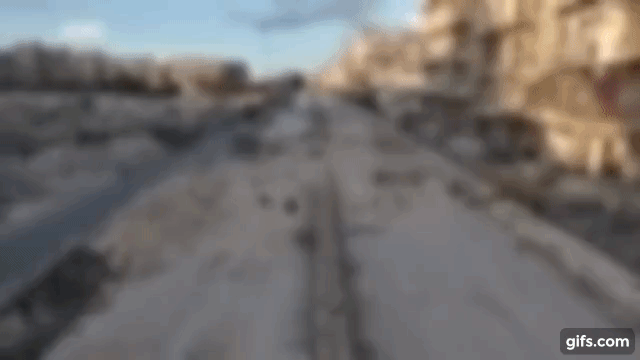
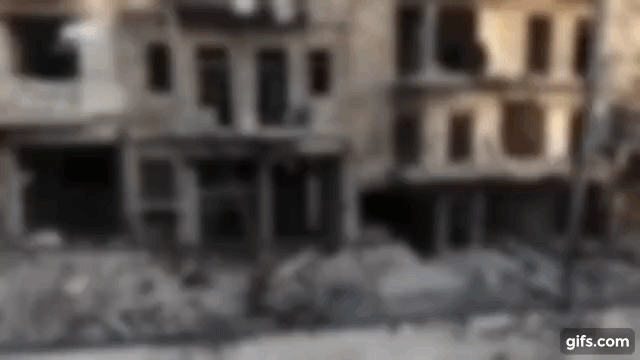
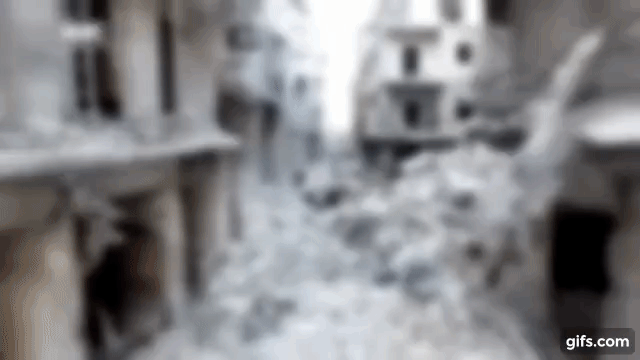
But what reveals an even more real relation between image production and direct consequence on the war is an analysis of the YouTube channels of militant rebel groups. Western news outlets have, for the most part, interpreted rebel strategy of posting training and on the ground footage as a sensationalization of the art of war. The Daily Beast curiously called this footage a video game. What is missed here is that there is a very specific reason why rebel groups post endless videos of firing missiles. This is because they are required by their funders to post a video indicating the exact place, time and target of every missile fired, irrespective of whether the target is reached or not. The more YouTube videos uploaded, the more funding that rebels are able to get. The process of acquiring funding in return for YouTube videos of operations is described here in a London Review of Books article. YouTube videos cannot be considered virtual, simply part of a video game, when they have become a commodity in the economy of war.
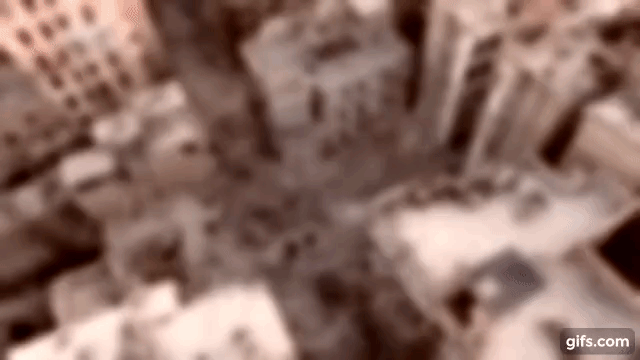
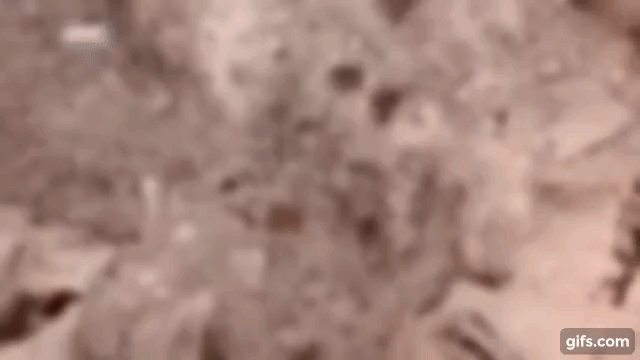

I am not arguing in any way that my project will be used or misused by any arm of the regeime to falsify the images of Eastern Aleppo or to declare the war unreal. However, as I consider more seriously pursuing an academic career that studies and theorizes the lives of people who are involved in ongoing politics, it is important to think about and consider how my writing can accurately refect (and not contradict) the intentions and desires of these people.
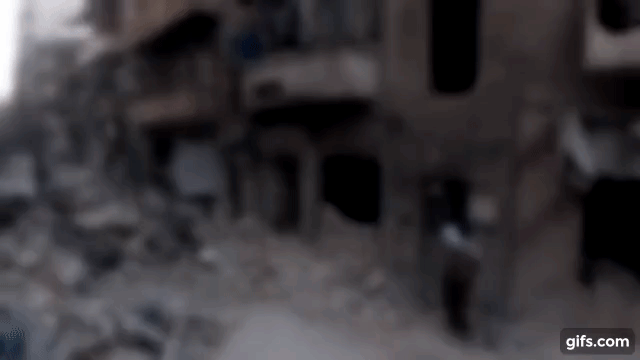
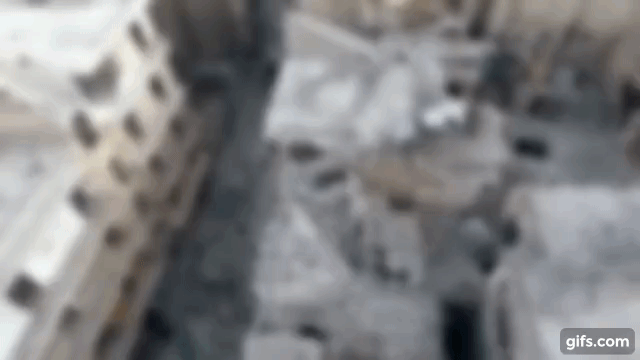
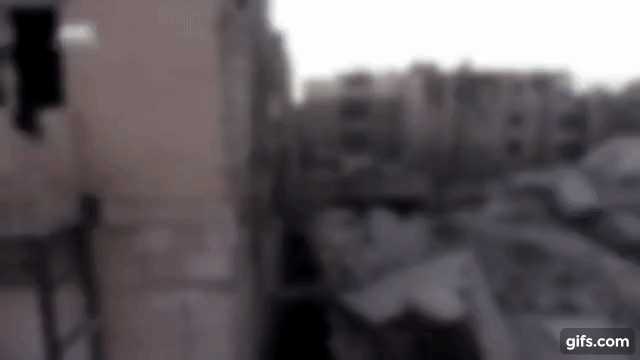
In the last couples of days of sitting and producing this project, the war in Aleppo is reaching its final stages. Some have called the end a "ceasefire", I would rather consider it the total defeat of a modest group of armed rebels and civilians defending their right to political representation. As the final stages of bombing Eastern Aleppo out of existence and forcing its residents to evacuate or be raped, taken away, or killed in their own homes (confirmed by the United Nations), a new media spectacle around Aleppo has arised on social media. The residents of Eastern Aleppo have been posting videos declaring their final remarks and goodbyes as they await their death, while the Western media continues to follow the star tweeters of Eastern Aleppo, with the understanding that if they stop posting, they have been captured or killed. There is something that is extremely genuine but at the same time raises skepticism about these testimonies. Their medium, which is an easily consumable few minute video, perhaps underlies the message of urgency and despair. But the economy with which these videos have gone viral, and the way they appeal to Western audiences make me wonder whose idea it was in the first place. Ultimately though, I think one must honor and take seriously the messages of these people irrespective of whether or not they are genuinly intended as "last words".